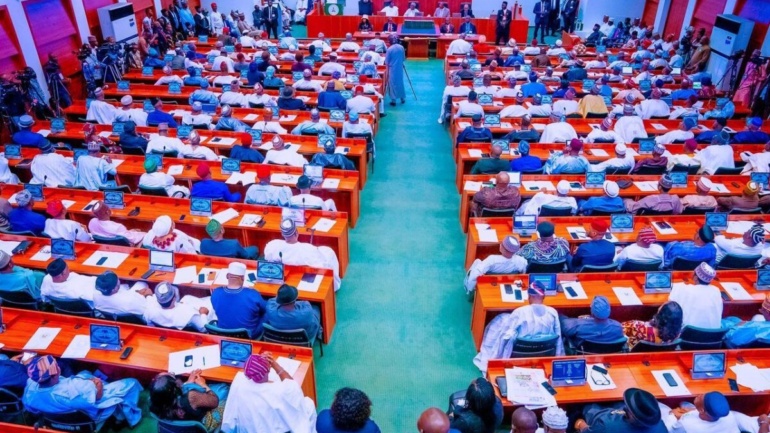…what’s holding Nigeria back? Centuries of cultural bias. Political violence. Systemic exclusion. But these barriers can be broken — and the Reserved Seats for Women Bill is the hammer… The bill guarantees a minimum number of seats for women in both federal and state legislatures. It’s not about handouts — it’s about balance. Nigerian women aren’t asking for favours. They’re demanding equal footing in a democracy they help sustain every single day.
Nigeria is a global force — home of Afrobeats, Nollywood, a surging tech scene, and the very future of Black excellence. We are bold, creative, unstoppable. But one part of our story remains painfully unfinished: the political exclusion of Nigerian women.
Right now, Nigeria ranks near the bottom of the world for women in parliament. Just 18 out of 469 federal lawmakers are women. That’s 3.8 per cent — in a country where women make up nearly half the population. Let that sink in.
This isn’t just a gender issue. It’s a development emergency.
Nigerian women are not on the sidelines of society. They are its engine. They nurture families, heal communities, grow food, build businesses, lead classrooms, and drive our culture and economy forward. Women lead 43 per cent of our small and medium enterprises — the backbone of job creation and innovation. They are our caregivers, peace builders, problem solvers, and often the first responders in times of crisis.
Yet in politics, they are locked out of the rooms where decisions about their lives, families, and futures are made.
Around the world, nations that prioritise inclusive governance are thriving. Rwanda rebuilt from genocide by putting women at the centre of power — today, women hold 61 per cent of seats in its lower house. That’s not symbolic. It’s strategic. Rwanda now leads in economic growth, education, and trust in government.
Nigerians need credible journalism. Help us report it.
Support journalism driven by facts, created by Nigerians for Nigerians. Our thorough, researched reporting relies on the support of readers like you.
Help us maintain free and accessible news for all with a small donation.
Every contribution guarantees that we can keep delivering important stories —no paywalls, just quality journalism.
SUPPORT NOW xDo this later
Scandinavian countries — Norway, Sweden, Finland — show us that when women lead, sustainability, equity, and innovation follow. They don’t just have seats at the table. They’re shaping the future.
Here’s what the data tells us: When women lead, communities thrive. Female lawmakers are more likely to champion education, health care, maternal well-being, environmental stewardship, and anti-corruption laws. Countries with more women in leadership are more stable, more prosperous, and more just.
So, what’s holding Nigeria back? Centuries of cultural bias. Political violence. Systemic exclusion. But these barriers can be broken — and the Reserved Seats for Women Bill is the hammer.



